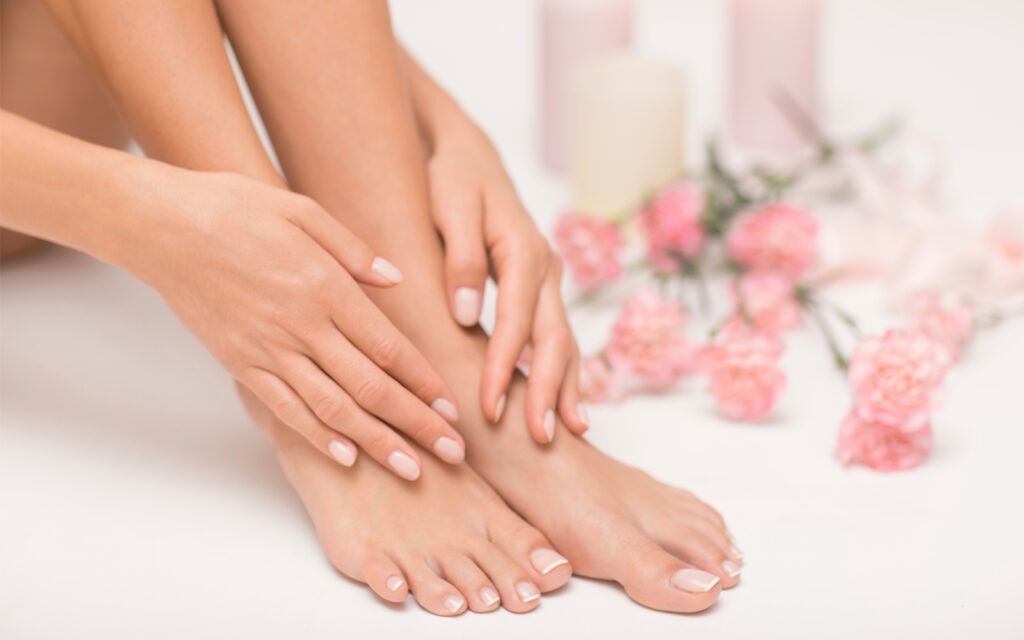Nail infections, including fungal, bacterial, and yeast infections, are common yet preventable conditions. Maintaining proper hygiene plays a crucial role in protecting nails from these infections. This article delves into the significance of hygiene in preventing nail infections and provides practical tips for maintaining nail health.
Table of Contents
ToggleUnderstanding Nail Infections
Nail infections occur when harmful microorganisms invade the nail bed or the surrounding skin. These infections can cause discoloration, thickening, brittleness, and in severe cases, pain and nail detachment. Common types of nail infections include:
- Fungal Infections (Onychomycosis): Caused by fungi that thrive in warm, moist environments.
- Bacterial Infections (Paronychia): Often result from injury or irritation to the skin around the nail.
- Yeast Infections: Typically affect the nail folds and are caused by Candida species.
Importance of Hygiene in Preventing Nail Infections
Proper hygiene is the first line of defense against nail infections. Regular cleaning and care can prevent the accumulation of dirt, bacteria, and fungi that lead to infections.
1. Regular Hand and Foot Washing
Washing hands and feet daily with soap and water is essential. Ensure you clean under the nails to remove dirt and debris. After washing, thoroughly dry your hands and feet, especially between the toes, to prevent moisture buildup that fosters fungal growth.
2. Nail Trimming and Care
Regularly trimming nails helps prevent infections by reducing the chances of nail trauma and entry points for pathogens. Use clean, disinfected tools for nail care to avoid introducing bacteria or fungi.
3. Avoiding Harmful Habits
Avoid habits like biting nails or cutting cuticles, as they can create openings for infections. Also, refrain from using sharp objects to clean under the nails, as this can cause injury and increase infection risk.
Hygiene Practices in Public Spaces
Public spaces such as gyms, swimming pools, and nail salons are common places where nail infections can spread. Adopting good hygiene practices in these settings is crucial.
1. Using Protective Footwear
Always wear flip-flops or shower shoes in public showers, pools, and locker rooms. This reduces the risk of coming into contact with fungi or bacteria that cause nail infections.
2. Choosing Reputable Nail Salons
Select nail salons that follow strict hygiene protocols. Ensure that tools are sterilized between uses and that disposable items are discarded after a single use.
3. Personal Item Hygiene
Do not share personal items like towels, socks, or nail care tools. Sharing these items can transfer infectious agents from one person to another.

The Role of Moisture Control
Moist environments promote the growth of fungi and bacteria. Managing moisture is key to preventing nail infections.
1. Wearing Moisture-Wicking Socks
Opt for socks made from materials that wick moisture away from the skin, such as cotton or wool. Change socks daily, and more frequently if your feet get sweaty.
2. Drying Feet Properly
After washing or swimming, dry your feet thoroughly. Pay special attention to drying between the toes, as this area is prone to moisture retention.
3. Using Antifungal Powders or Sprays
Applying antifungal powders or sprays to feet and shoes can help keep them dry and reduce the risk of fungal infections. These products create a hostile environment for fungi, preventing their growth.
Strengthening Nail Health Through Diet and Hygiene
A healthy diet supports nail health and helps prevent infections. Good nutrition combined with hygiene practices can fortify nails against infections.
1. Balanced Diet
Consume a diet rich in vitamins and minerals, particularly biotin, zinc, and vitamin E, which are essential for nail health. Foods like eggs, nuts, seeds, and leafy greens are excellent choices.
2. Hydration
Staying hydrated is crucial for overall health, including nail health. Drink plenty of water to maintain hydration and support nail strength.
3. Avoiding Harsh Chemicals
Limit exposure to harsh chemicals like detergents and cleaning agents. Wear gloves when handling these substances to protect your nails and skin.
By adopting these hygiene practices, you can significantly reduce your risk of developing nail infections. Proper care and attention to nail hygiene are essential for maintaining healthy, strong nails.
FAQ
1: How often should I trim my nails to prevent infections?
Trim your nails regularly, at least once every two weeks. Keep them short and straight across to prevent ingrown nails and reduce the risk of infections.
2: Can nail polish contribute to nail infections?
While nail polish itself does not cause infections, wearing it for extended periods can trap moisture and create an environment conducive to fungal growth. Use breathable nail polish and give your nails a break occasionally.
3: What should I do if I notice signs of a nail infection?
If you notice signs of a nail infection, such as discoloration, thickening, or pain, consult a healthcare professional promptly. Early treatment can prevent the infection from worsening.
4: Are natural remedies effective in preventing nail infections?
Natural remedies like tea tree oil may help in mild cases but are not a substitute for proper hygiene and medical treatment. Always consult a healthcare professional for persistent or severe infections.
5: How can I protect my nails during a manicure or pedicure?
Ensure the salon follows strict hygiene protocols. Bring your own nail tools if possible, and avoid cutting cuticles, as this can increase the risk of infection.
It is important for people considering skin tag removal in plano , laser hair removal in plano ,microneedling in plano, Hydrafacial in plano, Microdermabrasion plano, Laser electrolysis plano, Nail Fungus plano, Rosacea Treatment in plano, Spider Vein Removal plano, Wrinkle Reduction in plano, Botox in plano, Hifu in plano,Oxygeno Facial in Plano to undergo a full consultation with a qualified doctor or cosmetologist – Aesthetician Nasrin, – to assess their suitability for this procedure and discuss their .
No comment yet, add your voice below!